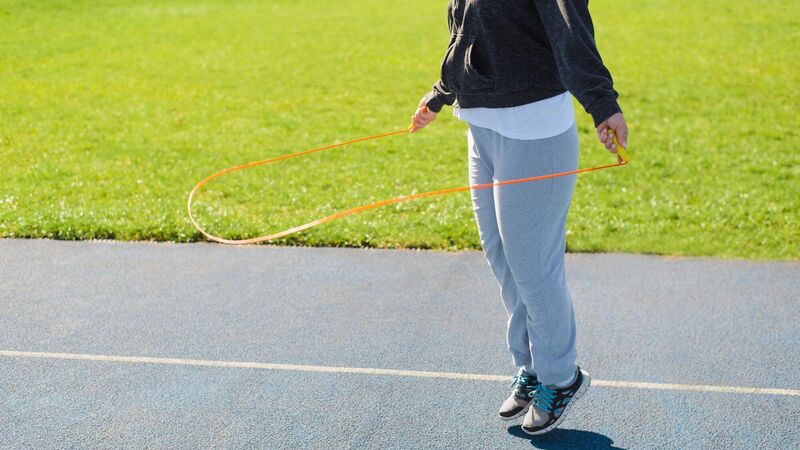Edel Coffey: It's time to stop worrying what others think and embrace play as adults

Pic: iStock
I was reading about a club called the 40+ Double Dutch Club recently in . It’s an American club started by a group of women over 40 that involves getting together to do the things they enjoyed in childhood, notably Double Dutch skipping, but also hula-hooping and playground games from their school days.
The club was started seven years ago by a woman named Pamela Robinson, from Chicago, who was going through a difficult time. Her marriage of 20 years was breaking up, she was suffering with depression and her three children were growing up and becoming less dependent on her.









